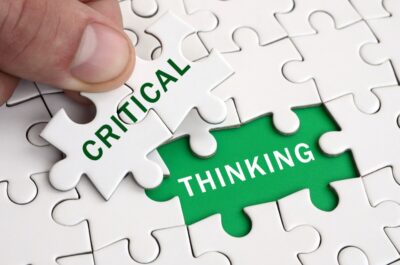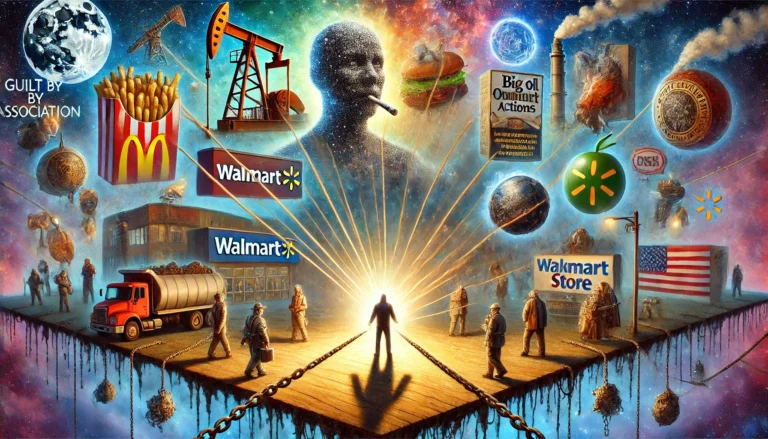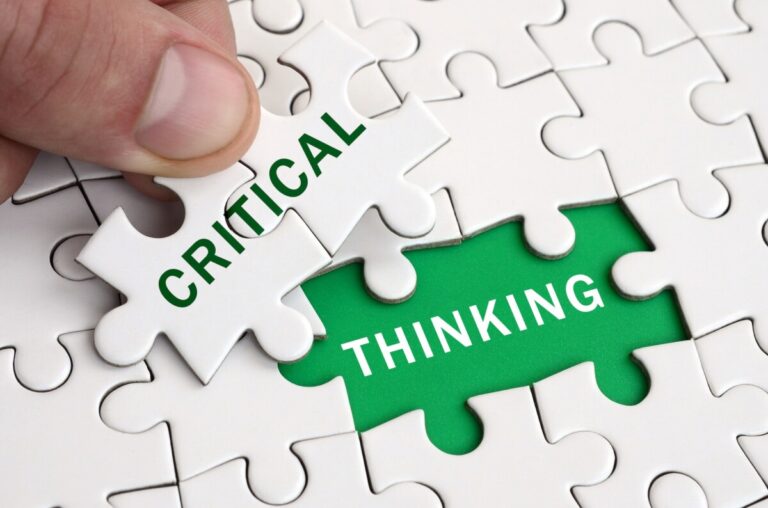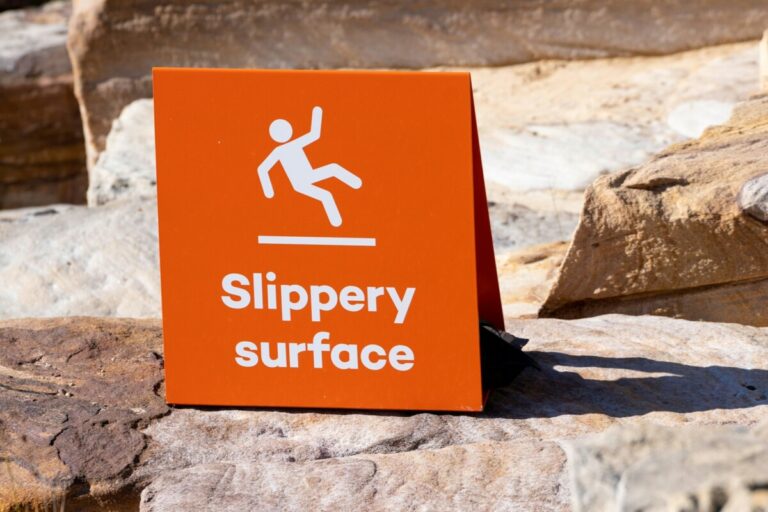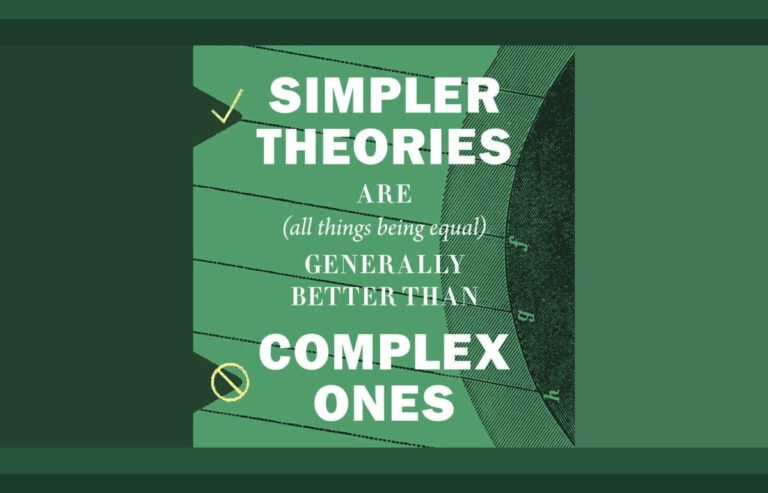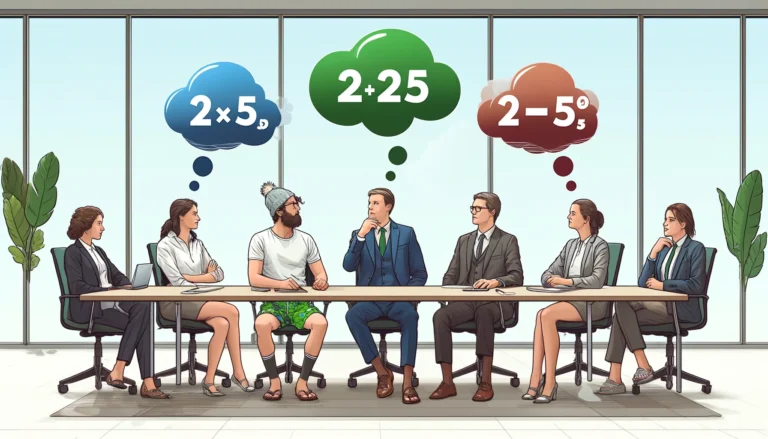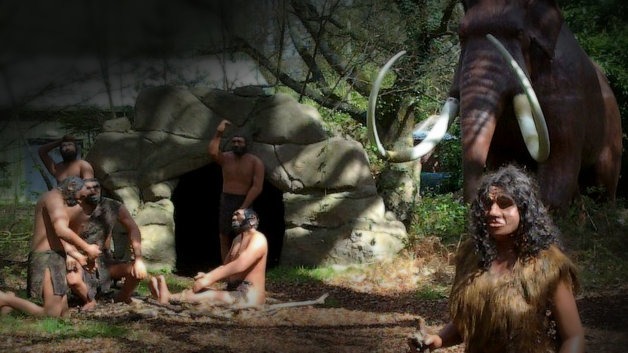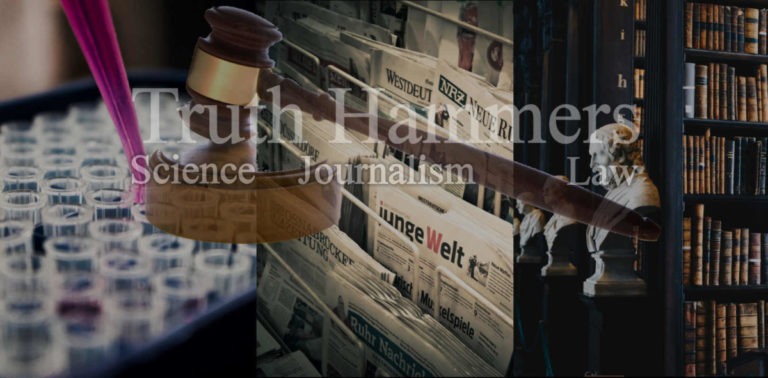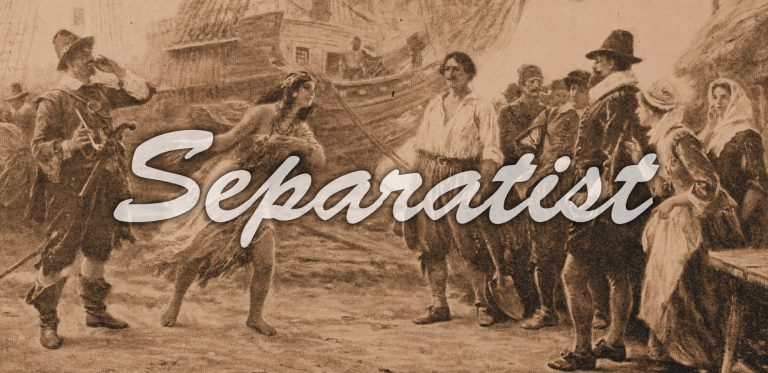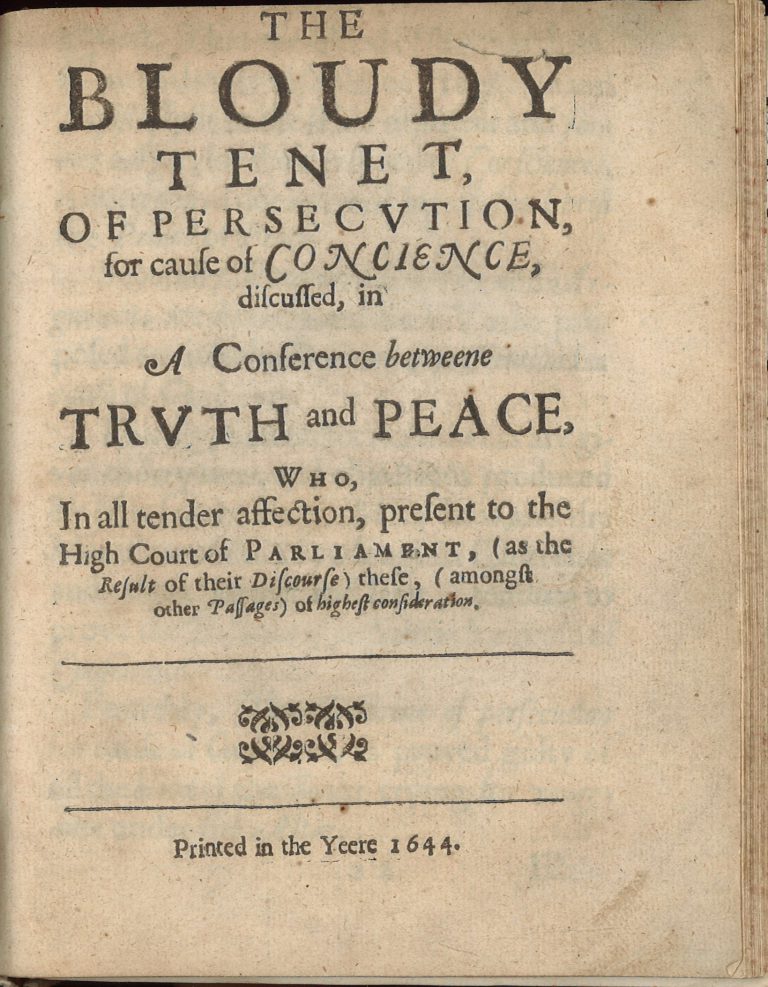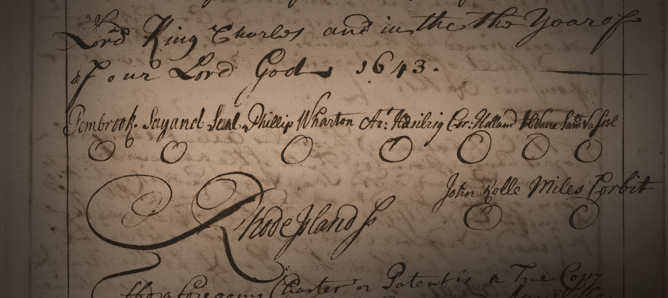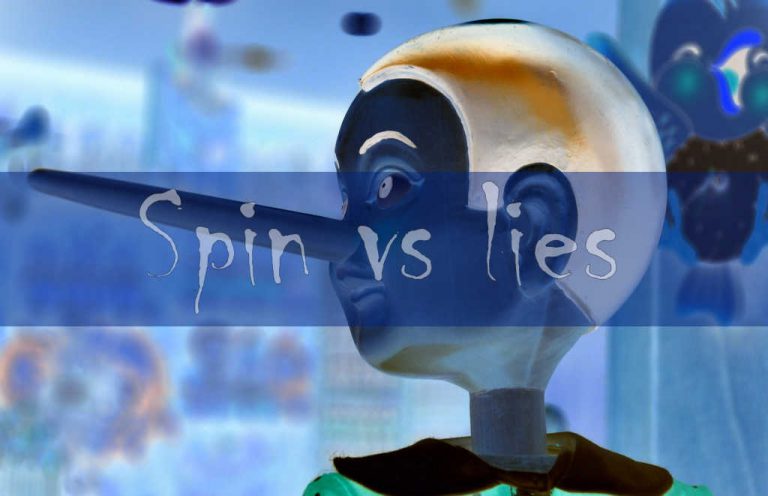MIKE'S MUST-READS
The Three Truth Hammers: Science, Journalism, and Law
Parable of the Ship by Roger Williams, 1655
NEW IDEAS
TST Framework
Open Viewpoint Method (OVM)
IDEA: National Gun Licensing Program
MOST RECENTLY UPDATED
Critical Thinking Articles and FAQs !
Critical Thinking
Take the deep dive series.
Critical thinking is the philosophy of how to think. It is, hands down, the most important field in both philosophy and life. One of the few things you actually have control over in life is the process of allowing information into your mind. Whether you realize it or not, you already have a process in place. You routinely accept some things as true and reject others. The lens of critical thinking allows you to view evidence with clarity, question assumptions with authority, and ultimately shape your own robust, insightful, and wise worldview.

What is the difference between a true believer, an empiricist, and a true skeptic?
What is a straw man fallacy and how can I avoid it?
Critical Thinking: Is someone bad if they work for big oil or big tobacco?
Is Terrance Howard correct when he says zero does not exist?
Critical Thinking: Why is “inductive” reasoning not as reliable as deductive?
Critical Thinking: Are personal spiritual experiences believable?
Is the Rip-Bang theory a good theory?
Speculative Ideas in Science: Rip-Bang, Bigfoot, and Beyond
Critical Thinking: Did Einstein’s driver really give one of his early talks?
Thinking: How does social media fuel the “grass is always greener” problem?
Read the deep dive series.
Critical Thinking Framework Overview
The philosophy of how to think is about the process of letting new information into your mind, and is one of the few things you actually have control over.
Overview Articles
The Five Thought Tools: Viewpoint, Social Constructs, Inquiry, Reasoning, and Review
The Four Mind Traps: Logical Fallacies, Cognitive Biases, Heuristics, and Stereotypes
Read the deep dive series.
Five Thought Tools
OVM * Idea of Ideas * Reasoning * Social Constructs * Idea Evaluation
- All
- IdeaEvaluation
- IdeaOfIdeas
- OVM
- Reasoning
What is the difference between a true believer, an empiricist, and a true skeptic?
Is Terrance Howard correct when he says 1×1=2?
Is Terrance Howard correct when he says zero does not exist?
Critical Thinking: Why is “inductive” reasoning not as reliable as deductive?
Critical Thinking: Did Einstein’s driver really give one of his early talks?
What are inductive and abductive reasoning?
Who was William of Ockham, and what principle is named after him?
What is a slippery slope argument and why is it bad?
Is Occam’s Razor always right?
Read the deep dive series.
Four Mind Traps
Fallacies, Biases, Heuristics, and Stereotypes
- All
- CognitiveBiases
- LogicalFallacies
- Stereotypes
What is a straw man fallacy and how can I avoid it?
Critical Thinking: Is someone bad if they work for big oil or big tobacco?
Thinking: How does social media fuel the “grass is always greener” problem?
Does the absence of evidence prove anything?
Thinking: Why we only remember the good parts of vacations and forget the bad?
Ad hominem: Is it fair to judge a colleague based on how they dress?
What is a false choice?
Were neanderthals artistic?
Neanderthal Clue: Reassessing Intelligence Beyond Human Bias
Does the border problem contribute to higher crime rates?
Why do we rely on authority figures for information?
Read the deep dive series.
Three Truth Hammers
While not perfect, they are exceptionally helpful when used well.

Philosophy of Science
In the evolution of the scientific method, Thales was scientific, Aristotle added intense observation, and Alhazen added rigor to the observations and experiments. Later, specific tools like deduction, induction, and falsifiability crafted the modern scientific method.
Note: Visit the Science topic to explore scientific results and their philosophical implications.
Is Terrance Howard correct when he says zero does not exist?
Is the Rip-Bang theory a good theory?
Speculative Ideas in Science: Rip-Bang, Bigfoot, and Beyond
The Anti-Vaxxer Movement and the Scientific Method
The Three Truth Hammers: Science, Journalism, and Law
Philosophy of Law
In philosophy, justice delves into personal morality, group ethics, and social order. The scales of justice, symbolizing the age-old dance between personal morality, group ethics, and equity, ensuring that everyone gets their due.
Was Roger Williams a Separatist?
The Law & Liberty Timeline
Download or read PDF The Bloody Tenant of Persecution by Roger Williams
The Three Truth Hammers: Science, Journalism, and Law
Read Text of 1643 Patent for Providence Plantations
Parable of the Ship by Roger Williams, 1655
Idea: Comprehensive Gun Control
IDEA: National Gun Licensing Program
Philosophy of Journalism
Through science, humanity uncovers the natural world. The law establishes rules and enforces fairness using things like criminal and civil trials, arbitration, and mediation. Journalism, the Fourth Estate, informs the public through reporting, journalism, and opinion articles.






